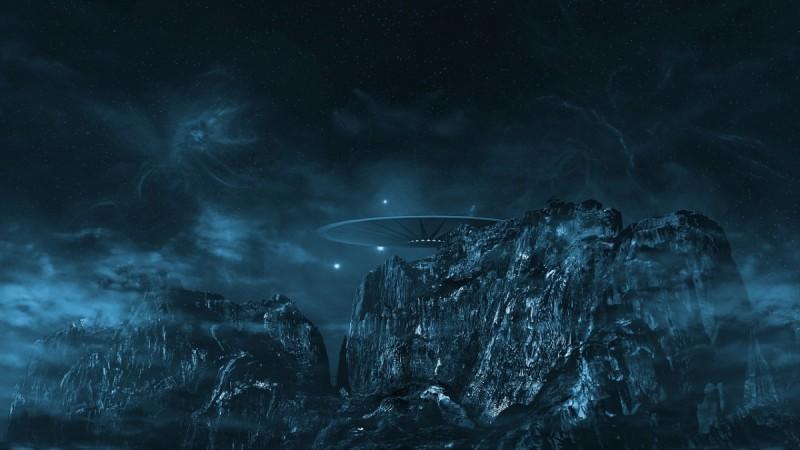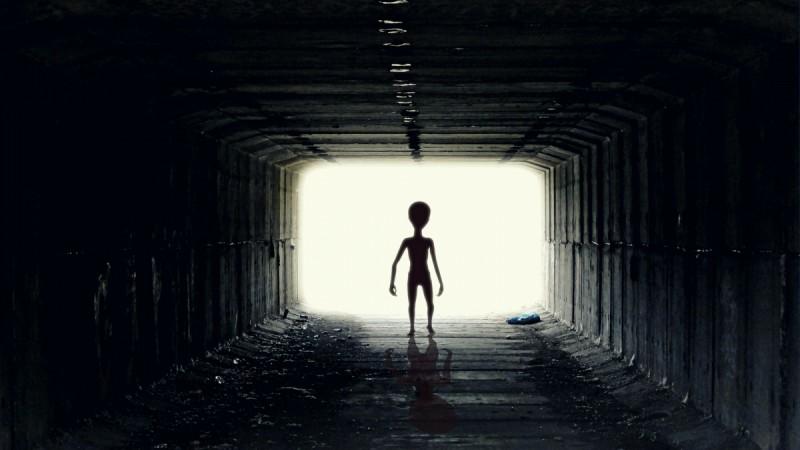
Hacktivist group Anonymous set the internet on fire last week by claiming that NASA would soon announce the discovery of intelligent alien life. The US space agency, however, has denied having any evidence of extraterrestrial life and said that no such announcements are pending.
The origin of what looks like a conspiracy theory was a video, which was shared on an unofficial YouTube channel, said to be affiliated with Anonymous. In the video, a masked man cited Thomas Zurbuchen, the associate administrator for the Science Mission Directorate at NASA, telling a congressional hearing that the existence of alien life could soon be proven.
Zurbuchen took to Twitter on Monday to assure that NASA was not going to announce any alien discovery. According to him, the space agency still doesn't know whether humans are alone in the universe.
Here's what Zurbuchen had to say:
Are we alone in the universe? While we do not know yet, we have missions moving forward that may help answer that fundamental question.
— Thomas Zurbuchen (@Dr_ThomasZ) June 26, 2017
In the 12-minute video, the masked man quoted Zurbuchen saying that "our civilisation is on the verge of discovering evidence of alien life in the cosmos... Taking into account all of the different activities and missions that are specifically searching for evidence of alien life we are on the verge of making one of the most profound and unprecedented discoveries in history."
However, this was just a snippet of Zurbuchen's full statement at the U.S. Science, Space and Technology Committee meeting in April, in which he clearly said that "we haven't found definitive signs of life elsewhere just yet."
"For astrobiology, the key thing to remember is that answering the fundamental question of 'is there life out there?' will require scientific breakthroughs from many different science fields, including ones that are not currently engaged in this exciting endeavour," Zurbuchen said.

The alleged Anonymous video, which has so far been watched by more than one million viewers, also touched on several of NASA's recent discoveries to prove that "something is going on in the skies above."
But in his speech, Zurbuchen clearly said that the recent advancements in space research point towards the mankind's ability to search for life elsewhere in the universe, rather than being specific evidence of alien life.
"With all of this activity related to the search for life, in so many different areas, we are on the verge of one of the most profound discoveries, ever. And as we know from experience, NASA's scientific discoveries of today continually drive impactful research for tomorrow that goes far beyond the initial observations," Zurbuchen said.
NASA announced on June 19 that its Kepler space telescope team had released a catalogue of 219 new planet candidates. The space agency also said that 10 of those exoplanets were near-Earth size and were orbiting in their parent star's habitable zone, which is the range of distance from a star where liquid water could exist on the surface of a rocky planet if there is sufficient atmospheric pressure.

















